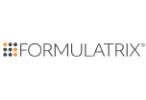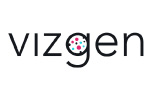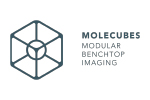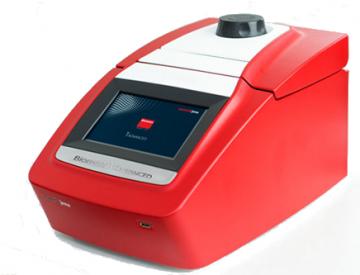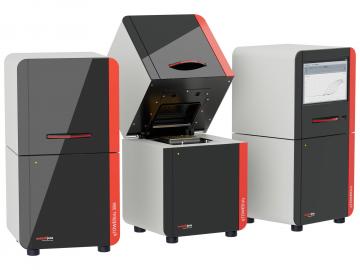NGS is a massively parallel sequencing technology and enables a variety of applications that allows the detailed investigation of whole genomes or specific target regions.Targeted sequencing allows to focus time, cost, and data analysis on specific areas of interest of a genome and enables sequencing with a much higher level of coverage. Targeted sequencing involves the enrichment of a gene fragment or panel of genes from a genome. The enrichment required for targeted sequencing is performed particularly quickly and cost-effectively by polymerase chain reaction (PCR). In particular, amplicon sequencing is an affordable, robust and well-established NGS approach that offers high throughput capacity in a broad range of application areas, including oncology, evolutionary biology and microbiome research. In all NGS applications, the quality of DNA sequencing libraries has a major impact on the preparation steps and thus on the final result. For this reason, it is important to perform DNA library preparation with the highest precision and reproducibility. DNA library preparation for amplicon sequencing involves a series of steps with enzymatic incubations, adapter ligation, barcoding with unique index sequences during library enrichment and quality control measurements, for which
thermal cyclers are used. For excellent library quality, the features of the thermal cycler are critical. The precision of temperature control, efficient heating and cooling rates, and excellent temperature homogeneity across the entire block leads to the reproducible generation of preparation products and
amplicons in all sample wells, without non-specific side reactions and PCR bias. The Biometra TAdvanced thermal cycler (Analytik Jena GmbH+Co. KG) ideally meets the requirements of NGS library preparation and is therefore popular among scientists for this purpose. In this application note, we exemplified the preparation of DNA amplicon sequencing libraries for NGS using the NEBNext® Ultra™ II DNA Library Prep Kit for Illumina® (New England Biolabs GmbH) on the Biometra TAdvanced 96 SG and performed library quantification using the real-time thermal cycler qTOWERiris (Analytik Jena GmbH+Co. KG).
Read more


